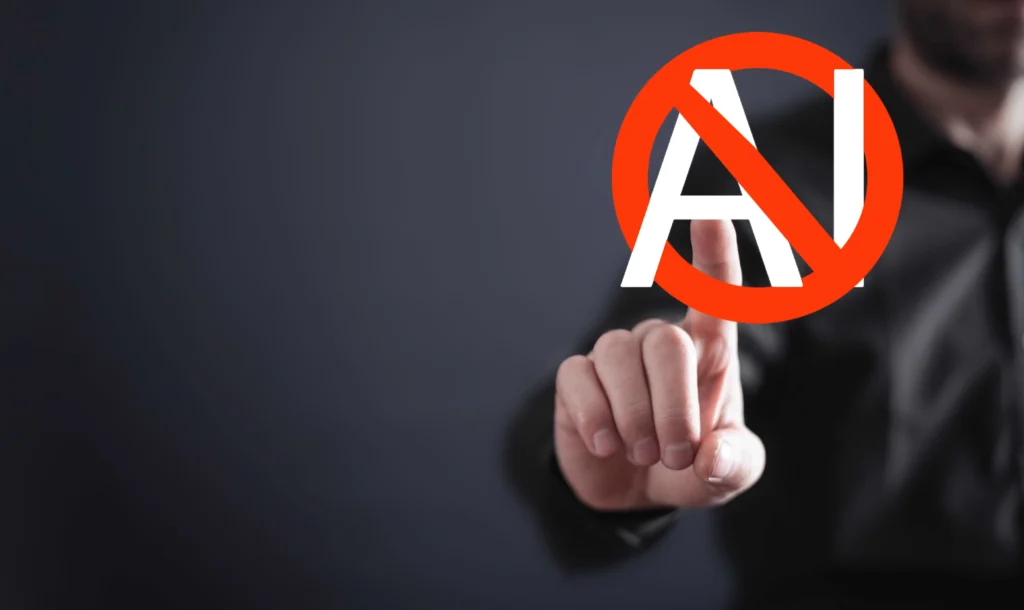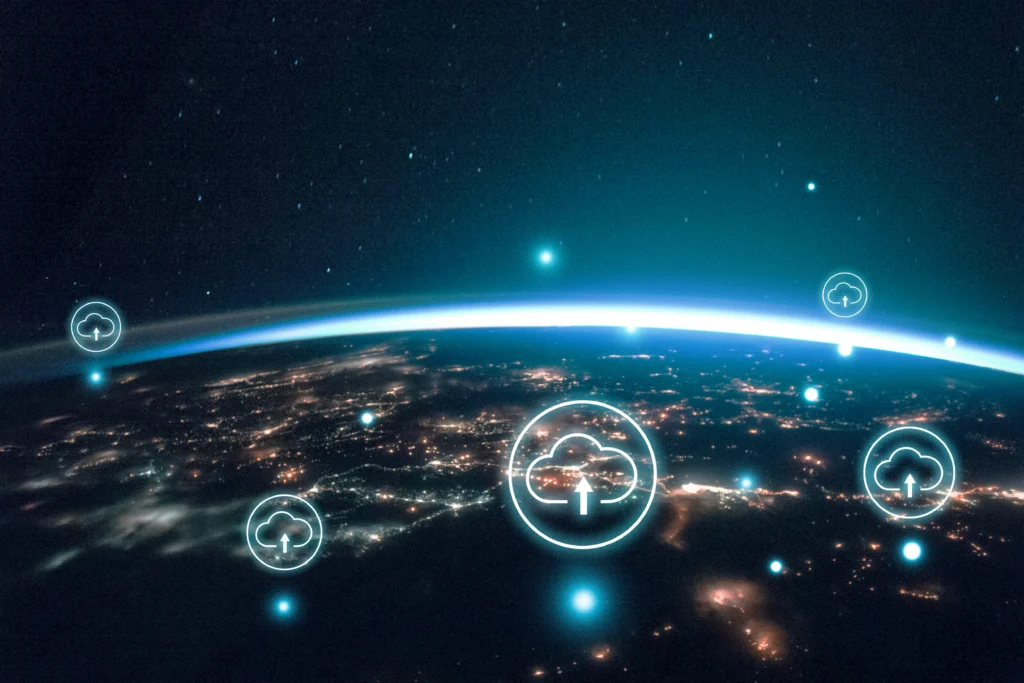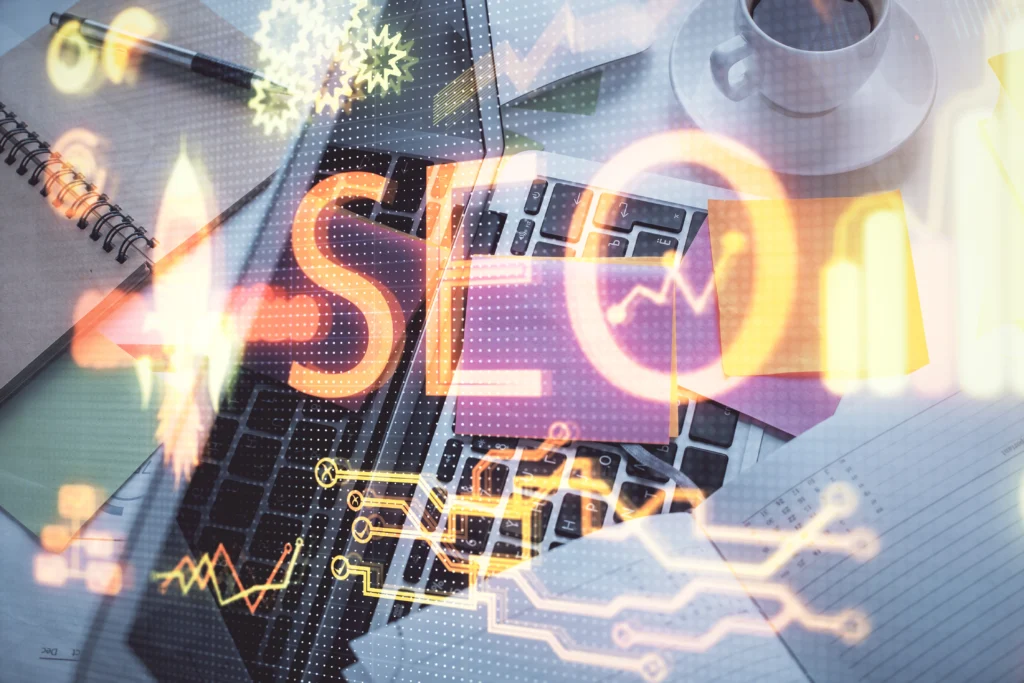The internet has thrived for decades on a delicate balance: creators produce valuable articles, videos, and images, and platforms like search engines and social networks send them traffic in return. This “grand bargain” has powered the web’s economic engine, allowing millions of publishers—ranging from independent bloggers to global media companies—to monetize their work through ads, subscriptions, sponsorships, or e-commerce.
But this system is facing its biggest disruption yet: artificial intelligence. AI-powered tools, particularly “answer engines,” now aggregate and summarize content instantly, giving users the information they want without sending them to the original source. While this may be convenient for users, it’s devastating for creators who depend on clicks to survive.
Cloudflare, one of the world’s largest internet infrastructure providers, is raising the alarm. The company warns that unchecked AI scraping could collapse the current web economy, leaving fewer incentives to create original content. To address this, Cloudflare is taking unprecedented steps—both defensive and proactive—to protect content creators and reshape the rules of engagement between AI companies and the web at large.

Cloudflare Warns of AI’s Threat to the Web’s Business Model
The current online ecosystem depends on mutual benefit: search engines index and rank websites, driving traffic back to those sites, while creators make their work publicly available. This cycle keeps information flowing and provides financial rewards for those producing high-quality content.
AI-powered search, however, is breaking that cycle. Instead of directing a user to the original site, AI systems can now synthesize information from multiple sources and present it directly on their own platforms. This effectively cuts creators out of the transaction—no click, no page view, and no ad revenue.
The danger is clear: if creators no longer receive fair value for their work, fewer will invest time, money, and expertise in producing it. Over time, the web could become a less diverse, less reliable, and less innovative place.

The “Grand Bargain” Between Creators and Platforms Is Breaking Down
For decades, the relationship between content creators and platforms worked on an implicit deal: we let you index our content, and you send us readers in return. This gave creators visibility and revenue, while platforms enriched their own services with fresh, high-quality material.
AI disrupts this by eliminating the user’s need to visit the source. Instead of generating traffic for the creator, the AI tool benefits from their work without giving anything back. The more accurate and comprehensive the AI’s answer, the less likely a user is to click through—ironically punishing creators for producing excellent content.
Without intervention, this model risks turning into a one-way extraction system, where AI companies collect vast amounts of human-created knowledge for free while offering nothing in return. Cloudflare’s leadership sees this as unsustainable for the long-term health of the internet.
Blocking AI Crawlers and Introducing “Pay Per Crawl”
To address this imbalance, Cloudflare has started blocking known AI web crawlers by default unless the website owner explicitly opts in. This is a significant shift—previously, most platforms allowed crawlers unless the owner went out of their way to block them. Now, the default is protection, not exposure.
Website owners, especially new domain registrants, will be prompted to choose whether to allow AI bots to scrape their content. Existing customers can adjust their settings at any time, putting control firmly back in the hands of creators.
Beyond blocking, Cloudflare is introducing a “Pay Per Crawl” system. Under this model, AI companies that want to train their models on specific sites will have to pay for access, turning data scraping into a potential source of income for publishers. This approach mirrors licensing models in other industries, such as music streaming services paying royalties to artists.

Confronting “Stealth Crawling” Tactics
Not all AI companies play by the rules. Cloudflare has flagged certain firms for using “stealth crawling” techniques—methods designed to evade detection and bypass restrictions. These can include disguising bots as regular users, rotating through multiple IP addresses to avoid being blocked, or ignoring site instructions like robots.txt.
Such tactics undermine the consent-based framework that the web has operated on for years. If left unchecked, stealth crawling could make it impossible for creators to control who uses their work, further eroding trust between content providers and AI platforms. By identifying and blocking these hidden crawlers, Cloudflare aims to enforce a more transparent and accountable system.

Three Possible Futures for the Web
Cloudflare outlines three likely scenarios for the future of the internet in the AI era:
- Content Collapse – Without fair compensation, creators stop producing new, original content, leading to a decline in quality and diversity across the web.
- Tech Oligopoly – A handful of AI companies dominate the digital landscape, controlling both access to information and its monetization.
- Sustainable Collaboration – A balanced model where AI companies compensate creators for the data they use, fostering a mutually beneficial ecosystem.
Cloudflare’s vision clearly leans toward the third option. By introducing tools like “Pay Per Crawl” and default crawler blocking, the company hopes to push the industry toward a fairer, more sustainable system before irreversible damage is done.
Conclusion
The internet’s future depends on preserving incentives for creativity and originality. Without structural changes, AI risks becoming a parasitic force—thriving on the work of others without nurturing the ecosystem it depends on.
Cloudflare’s bold steps—blocking AI crawlers by default, offering monetization options, and cracking down on stealth scraping—represent a proactive attempt to rewrite the rules of engagement between content creators and AI companies. Whether other tech players follow suit will determine if the web remains an open, diverse, and financially viable space for everyone.
Table of Contents
AI’s Economic Impact: A New Era of Growth and Transformation – trendsfocus
Cloudflare CEO warns AI crawlers and summaries are eroding the internet’s business model | TechSpot